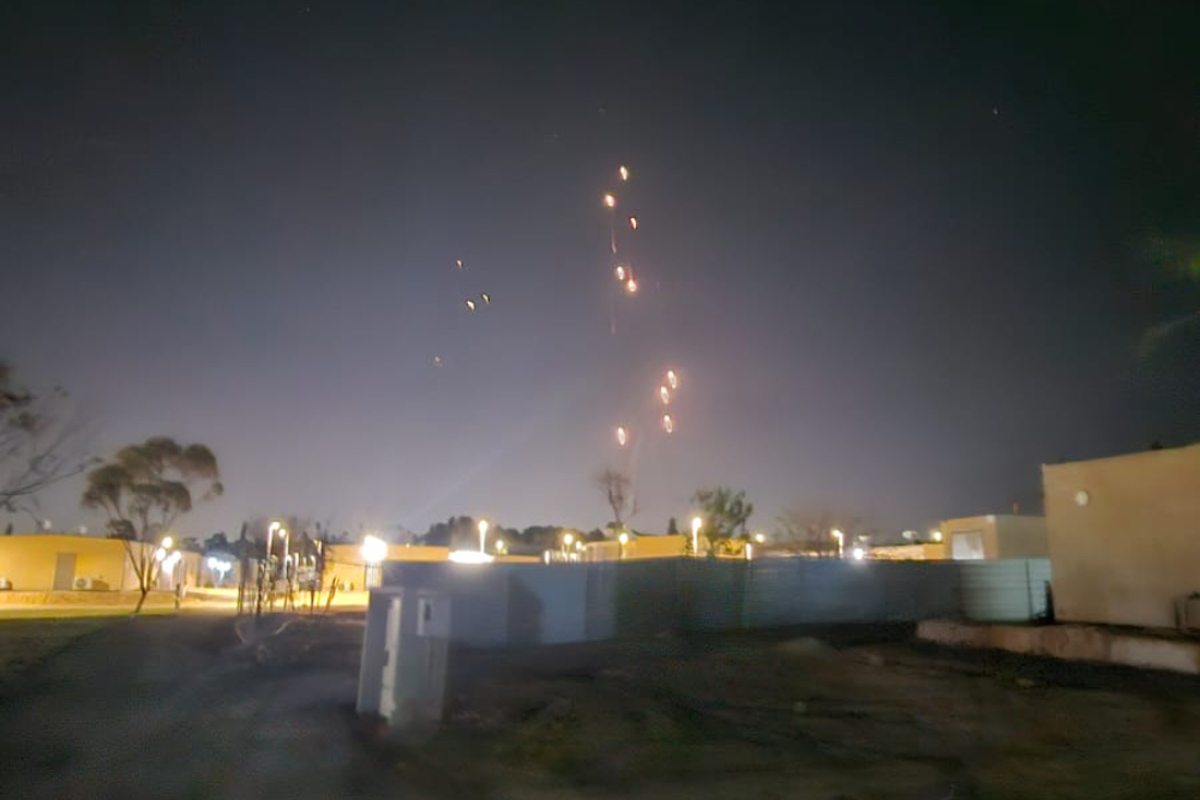| Updated:
London’s FTSE 100 closed higher on Wednesday despite growing concerns about a regional conflict in the Middle East after Iran’s unprecedented missile attack on Israel.
The prospect of a wider conflict loomed large over the Middle East after Iran fired around 180 missiles at Israel on Tuesday, for which Israeli authorities promised there would be “consequences”.
Early on Wednesday, Israel announced it was sending “additional forces” to its ground operation inside Lebanon, which began earlier this week.
“The events drove a geopolitical risk-off tone, with clear ramifications across multiple asset classes,” Deutsche Bank’s Jim Reid said.
Brent crude surged to over $76 a barrel early this afternoon, although it has since retraced some of its gains. It was trading around $74 at UK market close.
London’s blue-chip index proved more resilient than other global stock markets due to its weighting towards defence and energy giants.
The FTSE 100 closed 0.17 per cent higher at 8,290.86 on Wednesday. Shell gained 2.3 per cent while BP rose 1.6 per cent. BAE Systems, meanwhile, gained 2.0 per cent.
“The FTSE 100’s large exposure to the oil and defence sectors meant the index moved higher in response to increased tensions in the Middle East,” says Russ Mould, investment director at AJ Bell.
The mid-cap FTSE 250, however, lost 0.63 per cent to end at 20,783.47 while markets in Paris and Frankfurt also closed lower.
US equities rose a little at the open, with the S&P 500 and the Dow Jones both rising 0.2 per cent and the Nasdaq gained 0.3 per cent. These slight gains came after US markets closed in the red on Tuesday.
Elsewhere, the price of gold jumped as much as 1.3 per cent on Tuesday to a near record of $2,673 per ounce as investors piled into the safe-haven asset. It was trading at $2,649 on Wednesday afternoon.

